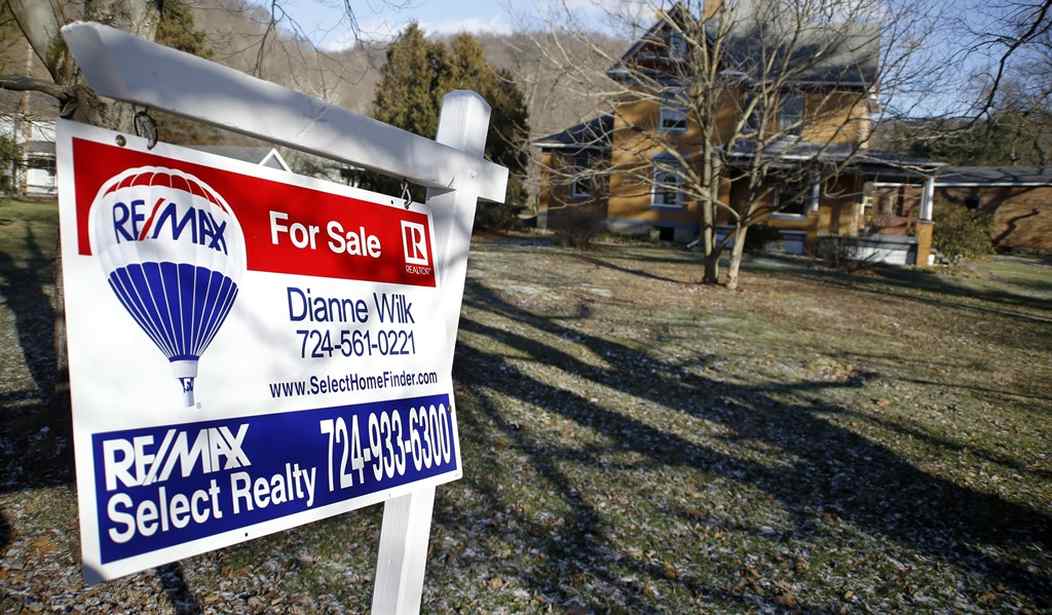After his economic agenda sent inflation soaring to 40-year highs and triggered more than 24 consecutive months of negative real wages for Americans, the Federal Reserve engaged in the most aggressive interest rate hikes in decades as part of its so far unsuccessful attempt to cause deflation.
Now, those interest rate hikes have landed a direct hit on the housing market, sending mortgage rates to their highest level in more than 20 years, more than seven percent, according to a new national average released by Freddie Mac.
As The Wall Street Journal explained:
The increase extends a lengthy stretch of high borrowing costs that has slowed the housing market to a crawl. This marked the first time since last fall that the rate on a 30-year, fixed-rate mortgage rose above 7%. A year ago, rates were around 5%.
The housing market is the part of the economy hit most directly by the Federal Reserve’s high-rate policies. The resulting slowdown in refinancing and purchase activity has battered some mortgage lenders, leading to tens of thousands of layoffs in the industry and weighing on economic growth.
Mortgage rates aren’t directly tied to the central bank’s moves. But they tend to move loosely with the 10-year Treasury yield, which on Thursday hit its highest level since 2007. Some analysts see ample room for the 10-year yield to keep climbing as markets brace for the possibility that rates aren’t going to decline soon.
In a reality similar to that faced by anyone foolish enough to buy the Biden administration's now years-old initial claim that inflation was merely "transitory" and a positive sign of economic recovery, WSJ said "the rising cost of borrowing to buy a home was expected to be temporary" when the Fed first began what turned into a full year of consecutive interest rate hikes. "Now, buyers, sellers, investors and real estate players are adjusting to the idea that higher rates are here to stay, or at least here to stay longer than they were expecting," the Journal reported.
Recommended
The housing market impact of Bidenflation-triggered interest rate hikes is the paralysis of both buyers and sellers (via WSJ):
While lots of would-be buyers are struggling to find anything they can afford, plenty of would-be sellers feel stuck in place. Many homeowners are unwilling to put their homes on the market, fearful of giving up low-rate mortgages and being forced to take out loans that are much more expensive. High-rate homeowners who bought recently and were hoping they could soon refinance are coming to grips with the fact that they’ll have to wait a while.
Some buyers have given up, deciding to rent for longer than they had planned. But even with fewer interested buyers, a lack of supply keeps pushing prices higher. The buyers that remain are still competing fiercely for the measly stockpile of homes for sale.
First branded "Build Back Better" and retreaded as "Bidenomics" ahead of the 2024 campaign, the president's economic policies have failed to deliver on all fronts — just look at Americans' evaluation of his handling of the economy in polls that show even full-court presses by Biden have failed to turn the tide of public opinion.
Americans know that Bidenomics have made it more difficult or even impossible for them to take the next steps in achieving their American dream, such as buying a home or upsizing their property to accommodate a new or growing family. The question on many Americans' minds now is not whether or not to buy or sell a home, but how long they'll have to wait for it to be possible for them to do so.

























Join the conversation as a VIP Member